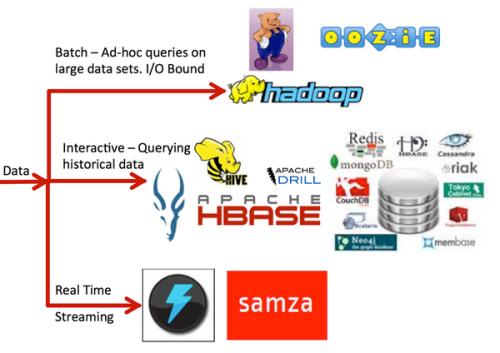The analysis of remote discussions is not yet at the same level as the face-to-face ones. The present paper aspires twofold. On the one hand, it attempts to establish a suitable environment of interaction and collaboration among learners by using the speech acts via a semi structured synchronous communication tool. On the other, it aims to define behavioral profiles and interpersonal skills hybrid grid by matching the BALES' IPA and PLETY's analysis system. By applying the fuzzy logic, we formalize human reasoning and, thus, giving very appreciable flexibility to the reasoning that use it, which makes it possible to take into account imprecisions and uncertainties. In addition, the educational data mining techniques are used to optimize the mapping of behaviors to learner's profile, with similarity-based clustering, using Eros and PCA measures. In order to show the validity of our system, we performed an experiment on real-world data. The results show, among others: (1) the usefulness of fuzzy logic to properly translate the profile text descriptions into a mathematical format, (2) an irregularity in the behavior of the learners, (3) the correlation between the profiles, (4) the superiority of Eros method to the PCA factor in precision.
翻译:远程讨论的分析尚未达到与面对面讨论相同的水平。 本文有两个目的。 一方面,它试图通过半结构同步通信工具,通过使用语言行为,在学习者之间建立适当的互动和协作环境。 另一方面,它的目的是通过匹配BALES'IPA和PLETY的分析系统,界定行为概况和人际技能混合网格。 通过应用模糊逻辑,我们正式确定人类推理,从而给使用该逻辑的推理带来非常明显的灵活性,从而有可能考虑到不精确和不确定性。 此外,教育数据挖掘技术还被用来优化对学习者特征的行为的绘图,以类似性为基础,使用Eros和CCA的测量措施。 为了显示我们的系统的有效性,我们进行了一场关于真实世界数据的研究。 其结果显示:(1) 模糊逻辑对将描述的描述正确转换为数学格式的有用性,(2) 学生行为中的不规则性,(3) 剖面图之间的关联性,(4) Eros 方法的精度与CPA要素的精度。





